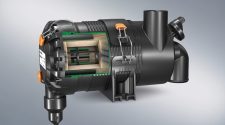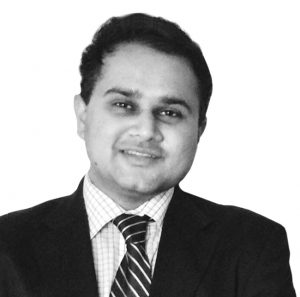
4th Year Ph.D. Student
University of Akron
Chemical Engineering Multiphase Transport Research Group
Harshal Gade is pursuing his Ph.D. in Chemical Engineering at University of Akron, where he is in his third year working in the Multiphase Transport Research Group under Prof. George Chase, Ph.D. Gade’s research topics involve polarization of electro-spun polymeric nanofibers and using them in various filtration and separation applications, such as air filtration and water treatment techniques. He learned about the major challenges the world faces related to air and water during his master’s degree program at the University of California, Riverside, in which he studied air quality systems. During this time, he developed a strong interest in synthesis of novel materials that show the potential to curb environmental issues and contribute to making this planet a better place to live. As a result, he continued his research in this direction in his doctoral program.
Research overview
Gade’s research is based on electro-spinning and polarization of PVDF (Polyvinylidene Fluoride) nanofibers, measuring their surface charge using a custom-made Faraday bucked and using polarized fibers in filtration applications, such as aerosol filtration and water desalination techniques.
Electro-spun fibers may inherently exhibit stored electrical charges, depending on the polymer material. Charge quantification is a problem, as no device measures it exactly. Surface charge of electrets can be exploited in several applications ranging from filtration and separation, sensors, semiconductors, and catalysis. Gade’s research involves fabrication of a custom-made Faraday’s bucket, which can help in computing surface charge nanofibers. The Faraday’s bucket can also help in computing of various electret materials and the impact of various storage methods on them.
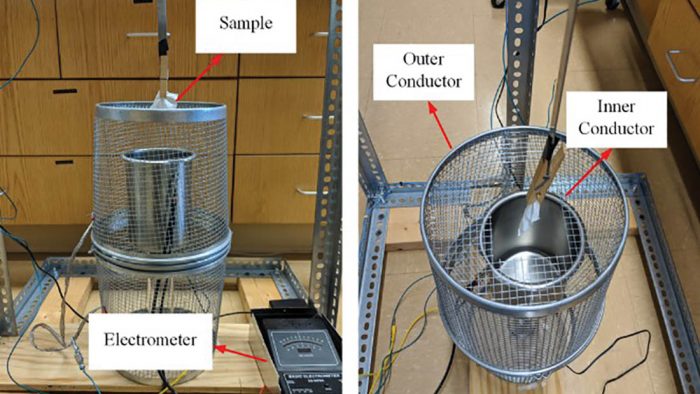
Post-polarization, β-phase, being the most polar-phase in PVDF nanofibers, gets enhanced, and due to its molecular orientation, the surface charge increases, which can be used in various filtration scenarios. Polarization also increases the porosity of fibers mats. One of the experiments, conducted by senior colleague Dinesh Lolla, Ph.D., involved aerosol filtration using polarized fibers, and it showed enhanced filtration efficiency and lower pressure drop. Buoyed by these results, Gade plans to test the impact of polarized fibers in various filtrations and also employ Faraday’s bucket in his future experiments. Harshal hopes developing Faraday’s bucket as a charge quantification instrument can set up new benchmarks for electrets.
Gade’s research involves fabrication of a custom-made Faraday’s bucket, which can help in computing surface charge nanofibers. The Faraday’s bucket can also help in computing of various electret materials and the impact of various storage methods on them.
Career goals
Gade is currently focused on completing his Ph.D. within the next year. He has already published one co-authored book chapter and plans to publish three first author research articles in various peer-reviewed journals. He has participated in two conference proceedings at the American Filtration and Separation Society (AFS) conference, and he won a poster award at one of those conferences. He also plans to present his research at World Filtration Congress 2020, in San Diego, California. During his graduate program, Gade has immensely improved his writing and presentation skills and leadership qualities. Gade participated in two summer internships with Parker Hannifin Corporation, which helped him to bridge the gap between industry, academia and society. After graduation, Gade is interested in pursuing opportunities in industry and research related to filtration and separation.
For details on how to submit yourself or a student you know for consideration as a “Student Spotlight” in IFJ, contact Matt Migliore at mmigliore@inda.media or +1 919.459.3754.


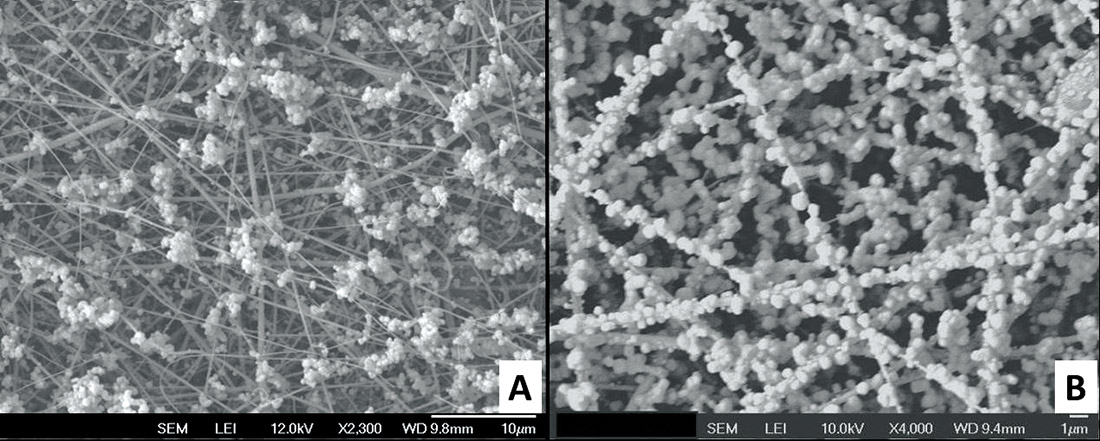
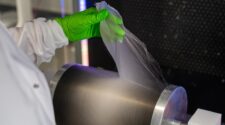
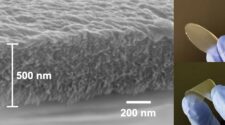

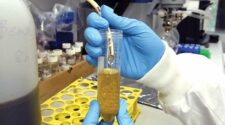
![Figure 1: Heat Exchanger Proventics GMBH.[22]](https://www.filtnews.com/wp-content/uploads/IFN_2_2024_crimpedmicrofiberyarns_Fig.-1-Heat-exchanger-225x125.jpg)


